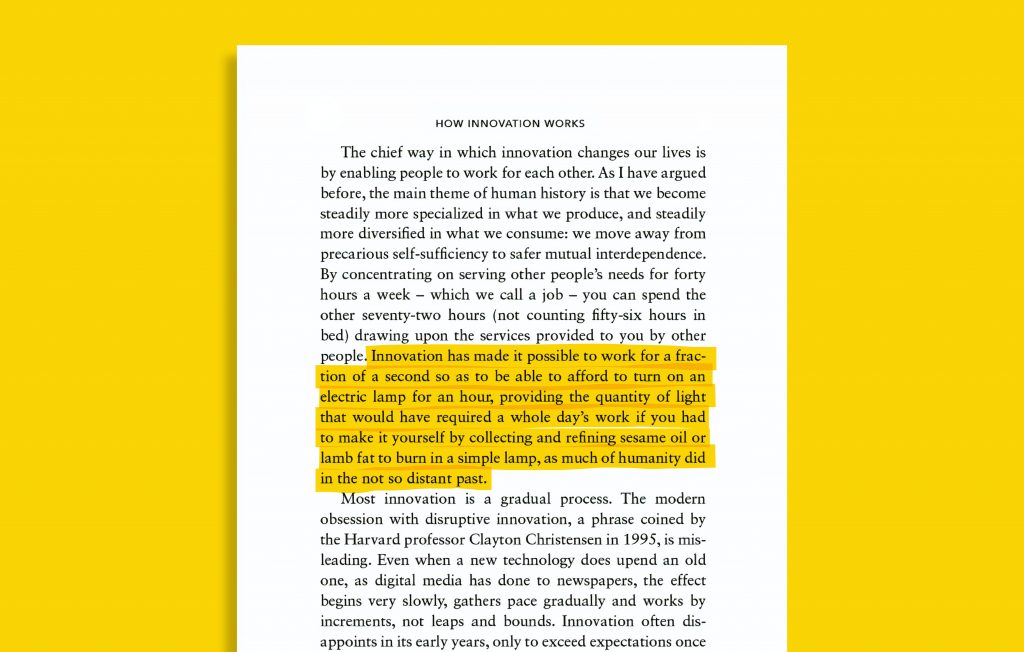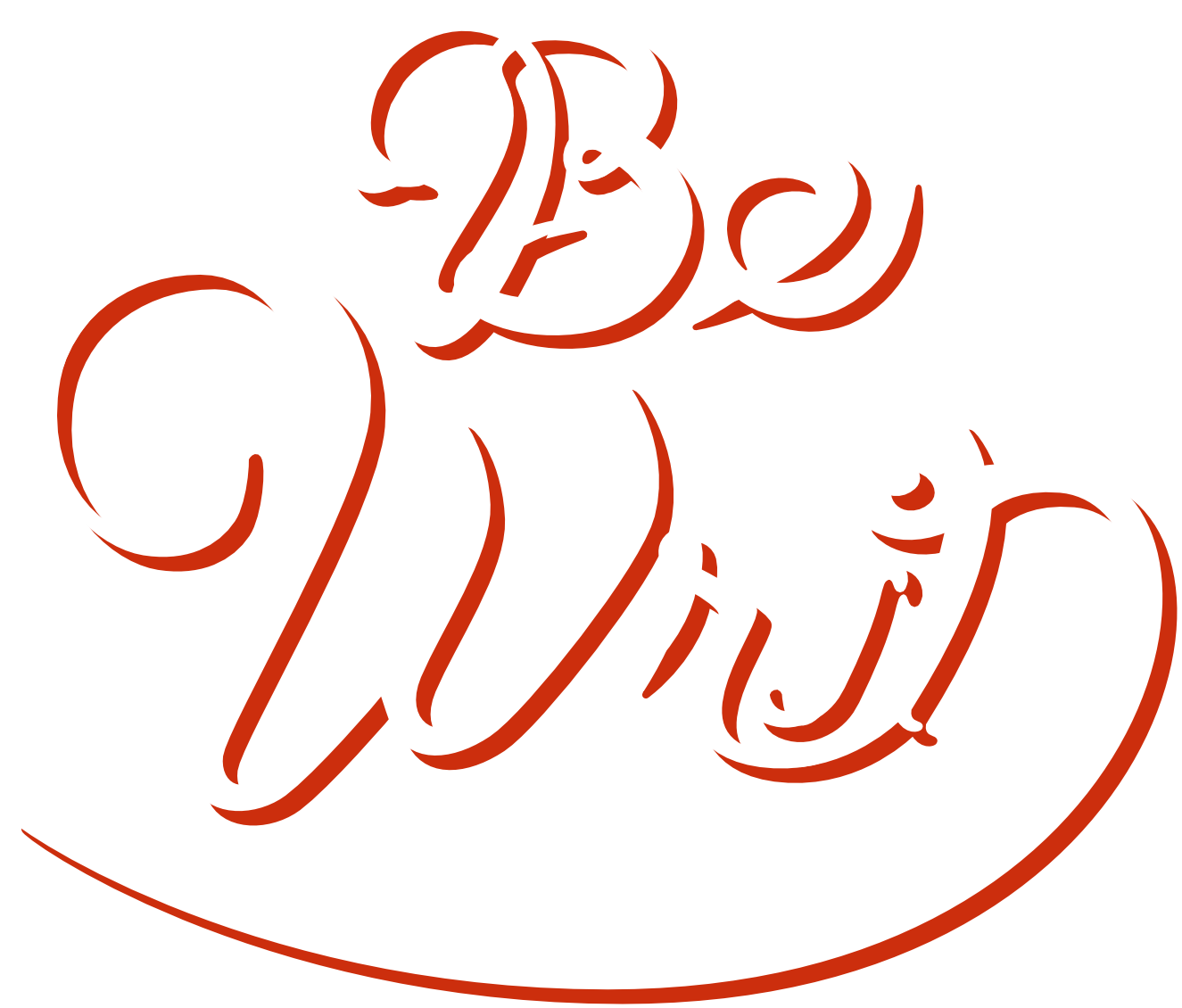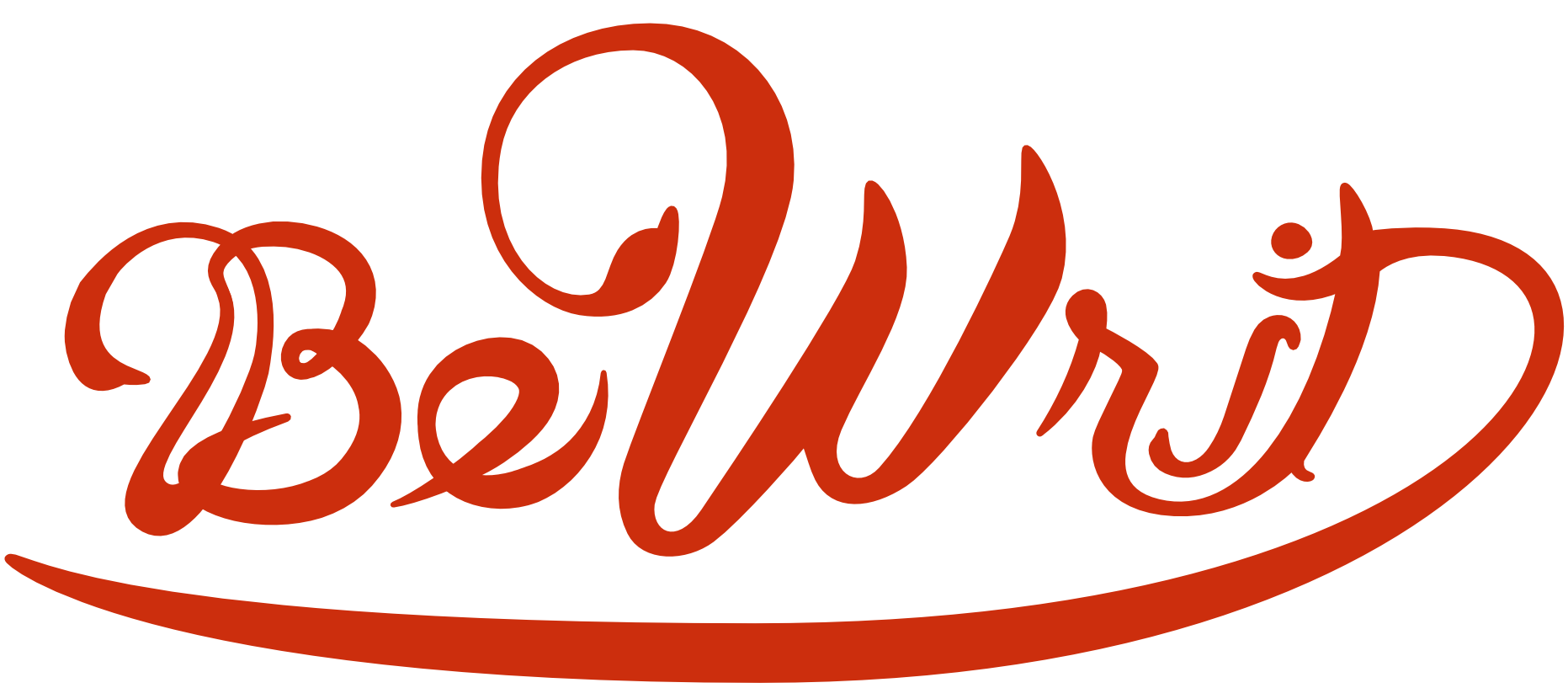
The Top 8 Resources for Authors
Disclosure: My blog contains affiliate links, which means I receive a tiny commission from qualifying purchases. Although I may receive a small fee, I link to these companies and products due to quality. Whether or not you buy is entirely up to you. I’d recommend them either way.
Writing in the modern era requires more than paper and ink.
When you're writing a book, some author resources are much more helpful than others. The internet is full of free help. But with so much out there to sift through, how do you know which websites are actually useful?
My five years of experience as a freelancer who works with self-publishers taught me a few things. In this article, I narrow down the 8 top free online writing resources for authors.
Whether you're working on a creative novel, writing a children's book, or need help writing a nonfiction book, these tools offer value. Use my list of resources when you're writing your next book.
1. Grammarly

Install a grammar checker to notify you of errors as you type. Unlike the spell checker built into Word or Google Docs, a grammar tool corrects more than spelling errors. My all-time favorite grammar checker, Grammarly, has a free version anyone can use.
I highly recommend paying the monthly fee for their premium services, which comes with a plagiarism checker, readability score, and customizations for tone or writing type. Sign up for the Grammarly online editor to explore how this grammar checker integrates with your browser and apps today.

2. U.S. Copyright Office

If you plan to publish your book, learning a few copyright laws in your country is highly beneficial. Copyright provides you with ownership over your novel and protects you from others who might try to plagiarize your work.
Head to the U.S. Copyright Office website for any of your questions or when you're ready to register for your copyright.
3. Agent Query

Another completely free resource, Agent Query helps you find a well-established literary agent to represent your work. Agents are highly valuable.
Literary agents negotiate publishing contracts and royalties. They also know people in the book industry and make sure your book ends up in the hands of the right publisher.
Search through the database for a reputable agent who's looking for a writer like you. Keep in mind this step is only for people who want to publish through a traditional publishing house.
4. BetaBooks

If you enjoy including your fans in your writing process, try BetaBooks. It's a Beta Reader Management software that authors use to allow readers to become insiders to their process.
Check out what your readers think of your new novel with real feedback. I love how you can incorporate each piece of feedback into a to-do list, all organized in one place.
5. Reedsy

Reedsy is one of the most recommended tools for authors. The marketplace includes vetted pros who help answer any questions you may have on the self-publishing industry. They offer marketing tips, connections with editors or designers, and even tips on perfecting your craft.
6. Scrivener

Scrivener is a catch-all writing and organization tool that authors rave about. This tool does it all! Many writers even call it the best writers tool available.
The writing software helps you concentrate on composing, generate content ideas, or restructure long or drawn-out paragraphs. Use it for formatting, outlining, taking notes, researching, and more.
7. Writing Pacemaker

How are you supposed to write an entire book if you don't work a little bit each day? Plan out your writing goals using Writing Pacemaker.
Here's how it works: you set a word count goal and strategy, then the website calculates the schedule to get there and tracks your progress. This tool is especially useful for newbies or those with a hard time staying on track.
8. The Character Therapist

Authors learn to create characters who live and breathe. Make sure your characters feel real or double-check the psychological aspects of your novel with the Character Therapist.
You don't have to write about people with mental disorders for character development to show through in your story, but well-thought-out characters will leave your readers wanting more. I couldn't recommend you use this tool with your characters more!
There are Many Other Alternatives Too
What are your favorite free resources for writers? Some of the best book writing tools cost extra for premium features, but there are many online options at no cost. Please share your favorites in the comments.





